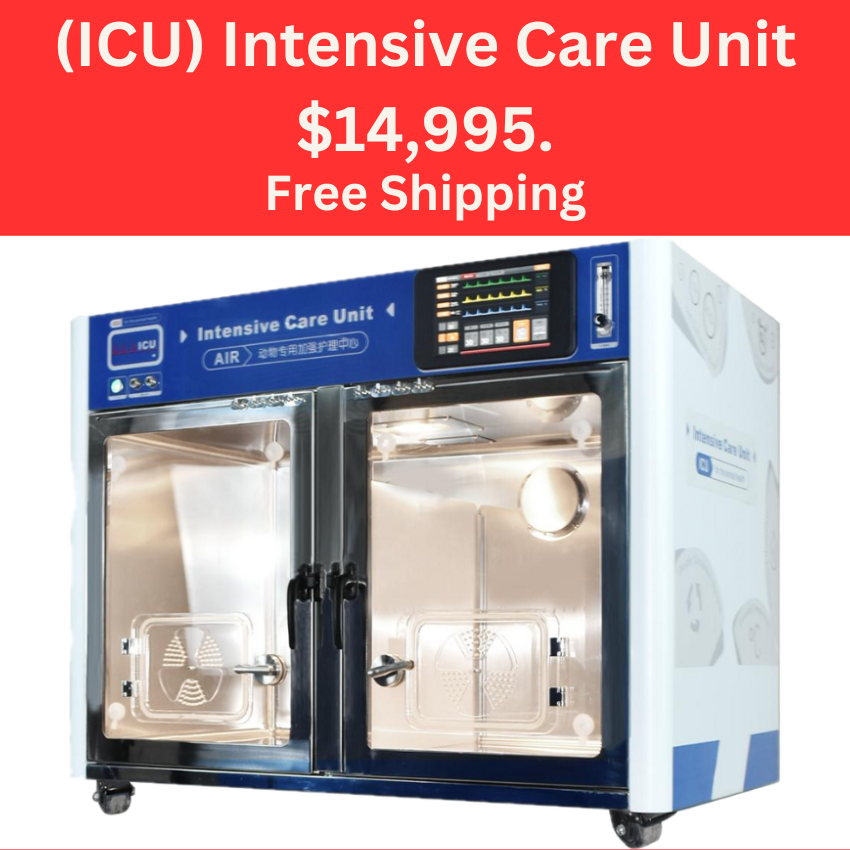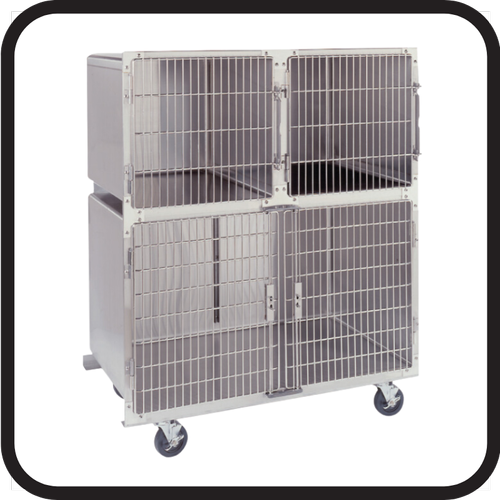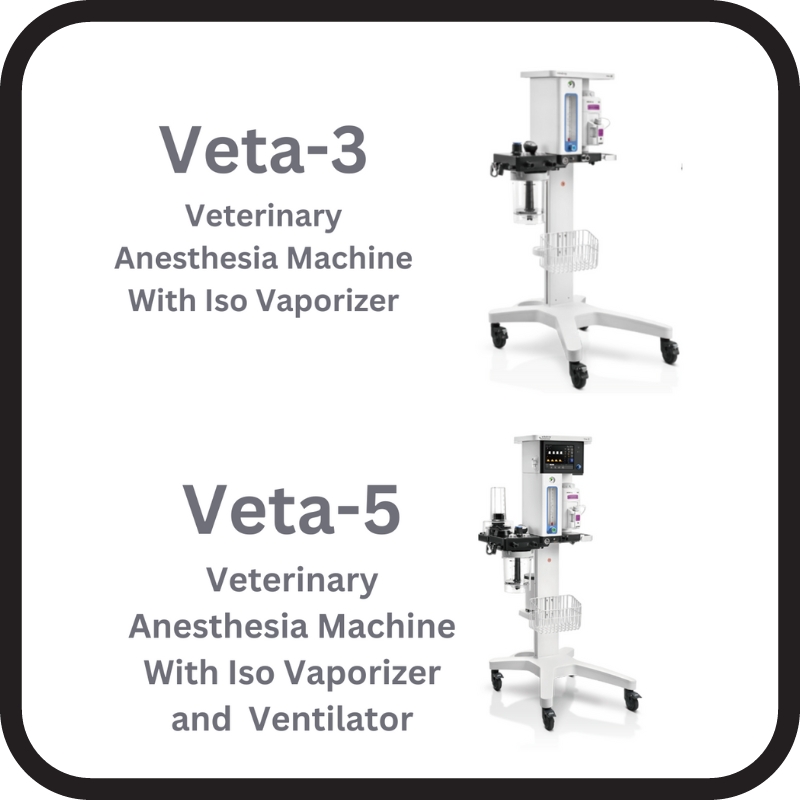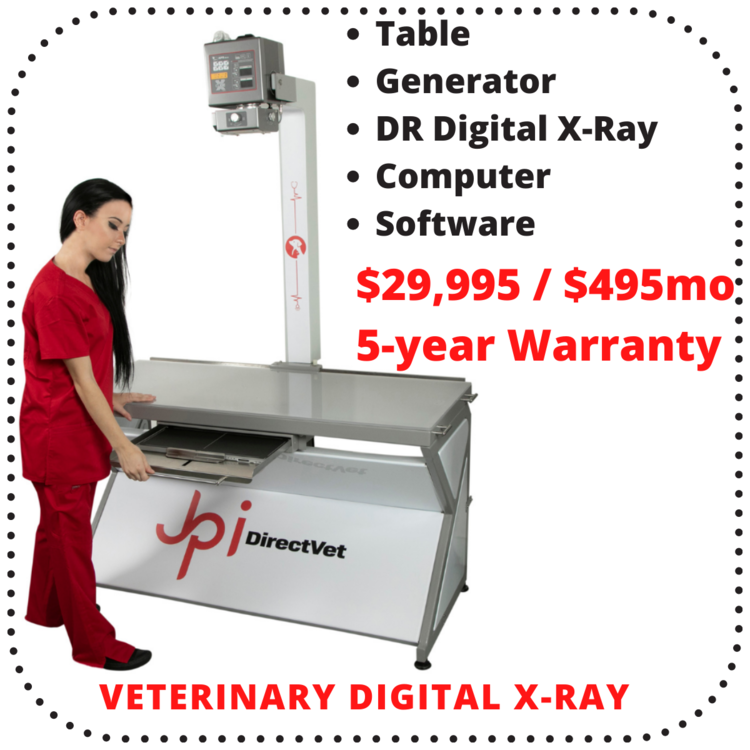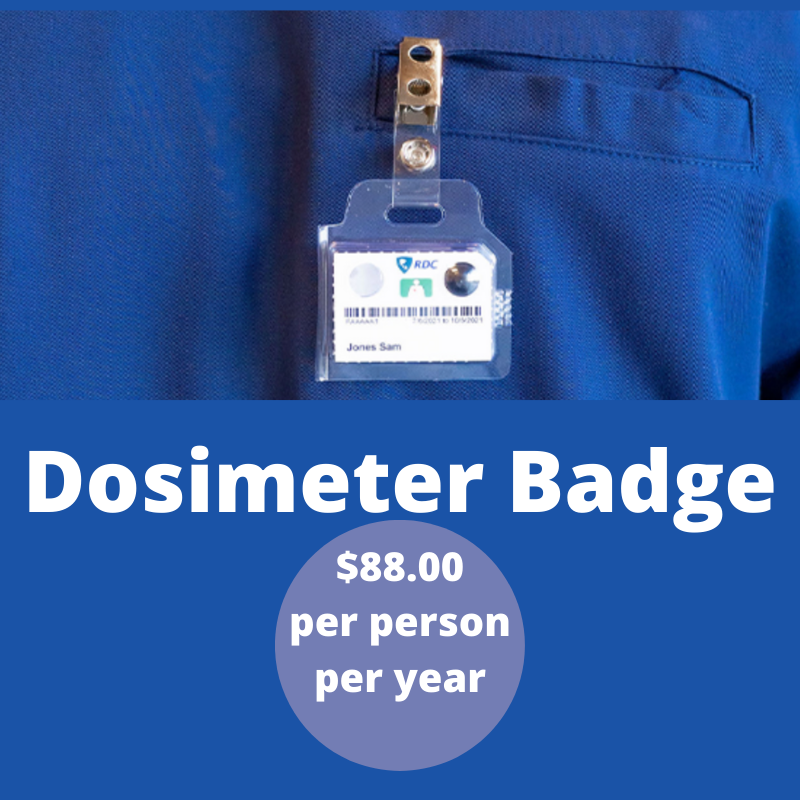Is Your Cat’s Lip Swollen? Here’s What it Means
/Table of Contents
- Allergies – Even Cats Can Suffer
- Swollen Lip – Think Dental Problems
- Acne – Swollen Lip or a Zit?
- Eosinophilic Granuloma Complex – A Long Name for Several Conditions
- Eosinophilic Plaque – Back to Allergies
- Eosinophilic Granuloma – Swelling, Tenderness, and Sores
- Indolent Ulcers – A Problem with Licking
- Cancer – The Dreaded Diagnosis
- Don’t Delay – Your Cat Depends on You
For many people, cats are preferable to dogs as companions. The emotional bonds that we form without cats are just as deep as any dog lovers. When you notice a swelling in or around your cat's mouth, your concern naturally grows. What does it mean when you notice your cat’s lip swells?
Swelling on your cat's lip can mean your cat suffers from a more serious disease or problem. Several underlying conditions can cause swelling on your cat’s lip, including allergies, dental problems, acne, eosinophilic granuloma complex and cancer.
Swelling on the lips is not a common symptom seen in cats, but it does occur. Some of the underlying conditions that cause swelling of your cat’s lip are easily identified and remedy. Others may take more in-depth diagnosis and require the services of a veterinarian. We’ll discuss what the swelling means.
Allergies – Even Cats Can Suffer
Even cats can suffer from allergies. Just like humans, cats can become sensitized to many components in our environment. Allergies manifest themselves in many ways. Itching, sneezing, or congestion are some of the more common reactions. Swelling of the lips is not as common but is not unknown. It is not uncommon for cats to develop allergies to such things as:
Foods – if you have recently changed your cat's diet, the new food may be the swollen lip's underlying cause. Cats, like humans, can develop food allergies. In some cases, your cat may be allergic to a product included in the new cat food.
Dust – Dust is a generic term that includes many different components. The dust in our homes is a combination of regular dirt particles, skin and hair particles, and particles that accumulate from the things in our homes. Like you, your cat may be allergic to one or more of these components of the dust in your home. Your vet can assist you in finding the cause of your cat's allergy.
Chemicals – Chemicals in a cat's environment can become allergens. If you change cleaning products or even laundry detergent, just like you, your cat may develop an allergic reaction. If you have made a change in cleaning products, aerosol products, or other products in your home, your cat may be showing the signs of an allergic reaction.
In any case, where you suspect your cat has developed an allergy, a trip to the vet is in order. Your vet can do tests and help you track down any changes in your home environment that may have triggered the allergic reaction.
Swollen Lip – Think Dental Problems
Dental problems can sometimes cause your cat’s lip to swell. There are usually a host of other symptoms that warn of dental problems with your cat. Other symptoms of dental problems with your cat can include:
Problems eating
Excessive drooling
Bad Breath
If you notice any of these symptoms in your cat, a quick inspection of the cat’s mouth can often lead to a quick diagnosis. If your cat lets you open its mouth for a quick view, you should look for any of these conditions.
Infections
Abscesses
A broken tooth
Swollen gums
Ulcers or lesions
Any of these situations call for a quick trip to the vet. Dental problems in cats can quickly grow to profoundly serious proportions if left untreated. In many cases, the treatment is as simple as a round of antibiotics or removing a broken tooth. No matter the cause, you should promptly address any dental problems to keep your cat happy and healthy.
Acne – Swollen Lip or a Zit?
Believe it or not, even cats can suffer from the occasional zit. When hair follicles become infected and inflamed, the resulting in:
Swelling
Tenderness
Bumps
If these infected hair follicles are near the mouth, your cat’s lip may appear swollen.
Allergies can cause chin acne on cats, as can ingrown hairs. A cat’s chin is especially susceptible to ingrown hairs due to your cat’s grooming habits. Constant rubbing of the chin area can break off hairs that can become ingrown, especially after eating.
Discuss the problem with your vet. Some topical treatments are effective in treating the infection, and there may be other options to help keep your cat from suffering from chin acne.
Eosinophilic Granuloma Complex – A Long Name for Several Conditions
If your vet mentions eosinophilic granuloma complex, don’t immediately go into shock. This serious-sounding complex may not be as bad as it sounds. You need to understand what is affecting any cat diagnosed with eosinophilic granuloma complex. EGC is a generic term that describes three forms of skin disease.
Eosinophilic plaque
Eosinophilic granuloma
Indolent ulcers
Eosinophilic Plaque – Back to Allergies
Allergies can manifest in your cat in a variety of ways. Eosinophilic plaque is not common but does happen. Typically, this form of eosinophilic granuloma complex presents as bumps or lesions around the body that ooze fluids. These lesions can be found almost anywhere but are common around the mouth.
Causes of eosinophilic plaque are known to include:
Flea bites
Food allergies or sensitivities
Dermatitis
Sensitivity to other insect bites such as ticks or mosquitoes
Parasites
Bacterial skin infections
Typically, most cases of eosinophilic plaque in cats trace back to hypersensitivity. Your vet has the tools and knowledge to determine the underlying cause of your cat's condition and design a treatment regimen for the problem.
Eosinophilic Granuloma – Swelling, Tenderness, and Sores
If you notice that the swelling on your cat’s lip is associated with small or large sores in the mouth or on the cat’s gums, your cat may be suffering from eosinophilic granuloma. The term granuloma is a generic medical term that describes a swelling or area of inflammation. We all suffer from granulomas but just haven’t had the right term to describe them.
You may notice that granulomas accompany your cat’s swollen lip on the hind legs and stomach. These granulomas can appear as bald patches, swollen areas, or as an ulcer on the skin. Treatment of eosinophilic granuloma depends on determining the underlying cause of the inflammation. Once your vet knows what is causing the problem, a proper treatment course is easy to design.
Indolent Ulcers – A Problem with Licking
Indolent ulcers are part of the eosinophilic granuloma complex but are usually the result of your cat trying to treat its problem. A cat's normal reaction to irritation on its skin is to lick that spot. Excessive licking is often the cause of indolent ulcers on your cat's skin. Your cat is responding to the inflammation that often itches.
Indolent ulcers are painless lesions. Initially, the lesion will be a thickening of the skin, giving the appearance of swelling, especially on or around the lips. If untreated, the lesions can open and worsen, resulting in infection or disfiguring of the area.
Determining the cause of the inflammation is the key to diagnosing and treating indolent ulcers. Your vet is your best source of help and information about treating your cat’s condition.
Cancer – The Dreaded Diagnosis
No one wants to hear the word cancer in any diagnosis. Cats are not particularly prone to cancer, but it does happen. If no other condition or cause is readily apparent, your vet can take the appropriate tissue samples and have them lab tested for cancerous cells.
Remember that it is the type of cancerous cell that is found that determines the course of action and treatment. Many cancers are benign and are removable with a simple surgery. Other forms of cancer require more involved treatment over longer periods.
Your vet is your best source of advice in these situations. The earlier the diagnosis, the better the results in most instances. Consulting your vet at the first signs of any unusual changes in your cat is the wisest decision.
Don’t Delay – Your Cat Depends on You
No matter the condition or the cause, if your cat suddenly develops a swollen lip, you should investigate the cause. Your cat depends on you for its health and well-being. We hope that the information in this article is helpful and informative. We care as much for your cat as you do.






